Hezbollah vows to stem Israeli infiltration after spy cells busted
A senior Hezbollah official says the resistance movement will not allow Israel to infiltrate Lebanon's security sectors, after Beirut said it had busted at least 17 Israeli spy networks.
Hezbollah Deputy Secretary General Sheikh Naim Qassem made the remarks during a ceremony in Bourj el-Barajneh neighborhood of southern Beirut on Friday evening.
Sheikh Qassem said Hezbollah resistance fighters will not hesitate to make sacrifices in order to prevent the Zionist enemy's infringement on Lebanon’s sovereignty.
“The Hezbollah resistance movement is defending Lebanon and its future and enjoys widespread support,” he said.
On Monday, Lebanon's al-Akhbar newspaper reported that the country’s security forces had uncovered at least 17 Israeli spy networks.
According to the report, each of the rings operated independently across Lebanon and in neighboring Syria. The paper called the discovery “one of Lebanon’s biggest security operations” since 2009.
The operation reportedly began four weeks ago, when the Lebanese Internal Security Forces Directorate began tracking the spying networks, which were reportedly tasked with collecting information on Hezbollah and various Palestinian factions in the country.
Countering US interference
The Association of Muslim Scholars in Lebanon also stressed that parliamentary elections set for March 27 must be held on time and not postponed for any reason.
“We are opposed to foreign interference in the elections. This is an internal matter, especially as we reject the meddling of US Ambassador to Beirut Dorothy Shea,” the association said in a statement.
It also called on all Lebanese political factions to elaborate on their plans so that eligible voters could decide who to cast their ballots for.
The statement said negotiations between the Lebanese government and the International Monetary Fund (IMF) must be in line with the principles of national sovereignty, emphasizing that any dictates harming the independence of the country should be accepted.
Lebanon has been mired since late 2019 in a deep financial crisis that has caused the Lebanese pound to lose around 90 percent of its value to the dollar and led its banking system to collapse.
The crisis has led to a fuel shortage and power cuts as well as growing petrol prices and skyrocketing inflation.
The United States has exacerbated the problems by putting Lebanon under siege and adopting the so-called Caesar Act, which has hindered the country’s economic cooperation with Syria.

Israeli airstrikes kill at least two in southern Lebanon: Health officials
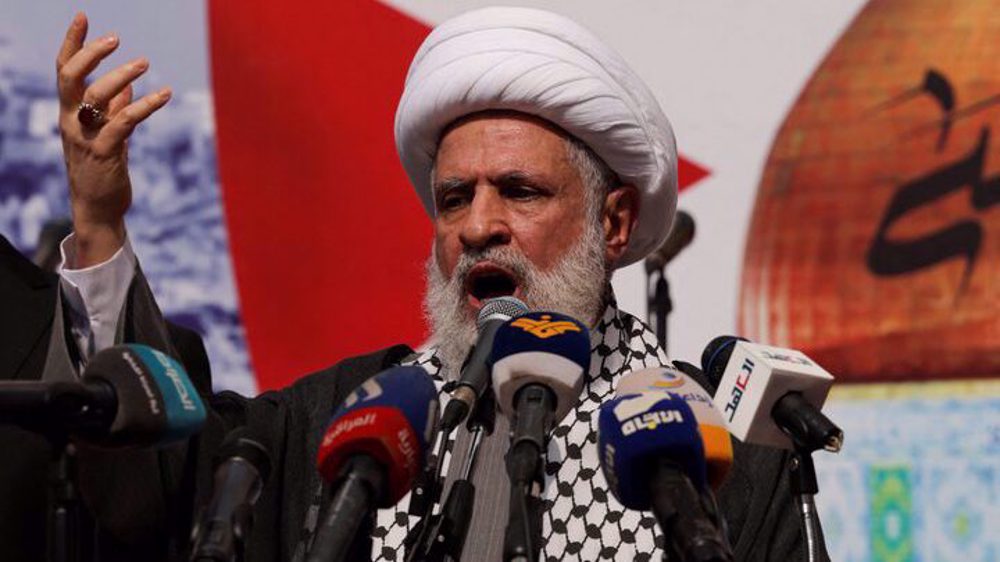
Hezbollah chief to Israel: 'We have our options and we fear nothing'
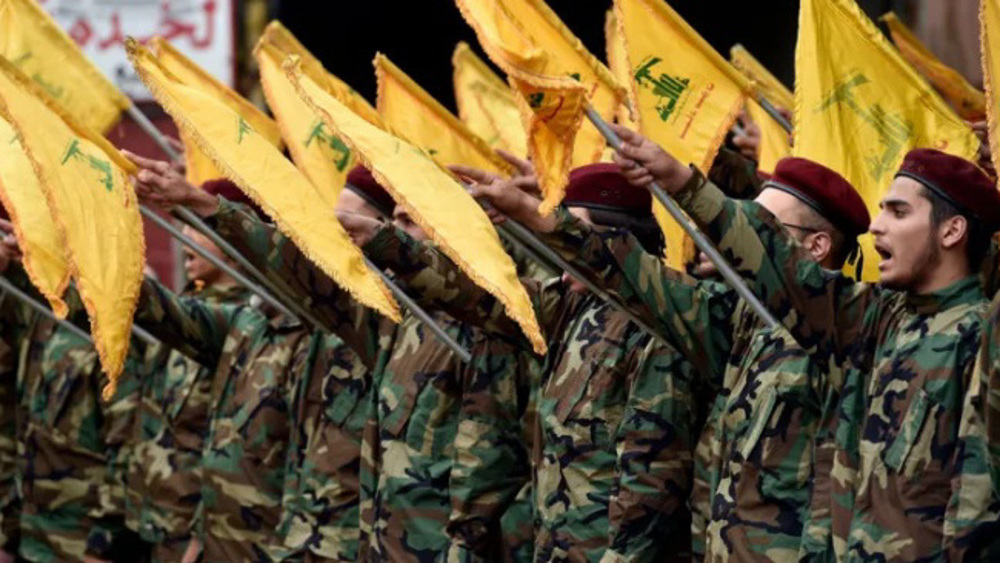
'No force can disarm us': Hezbollah official
Four Israeli ministers call for annexation of occupied West Bank
‘Collective punishment’ of Palestinians unjustifiable: UNRWA
Iran president, foreign minister offer condolences over death of Pope Francis
Obituary: Pope Francis, first Latin American pontiff, friend of Iran, critic of Gaza genocide
Remembering Saadi Shirazi, Persian poet whose message of universality endures
China sanctions US figures over ‘gross interference’ in Beijing’s affairs
Yemen: US fails in its aggression since day one; Trump ‘accountable’ for fatalities
Russia: Ukraine violated Easter ceasefire using US-made weapons


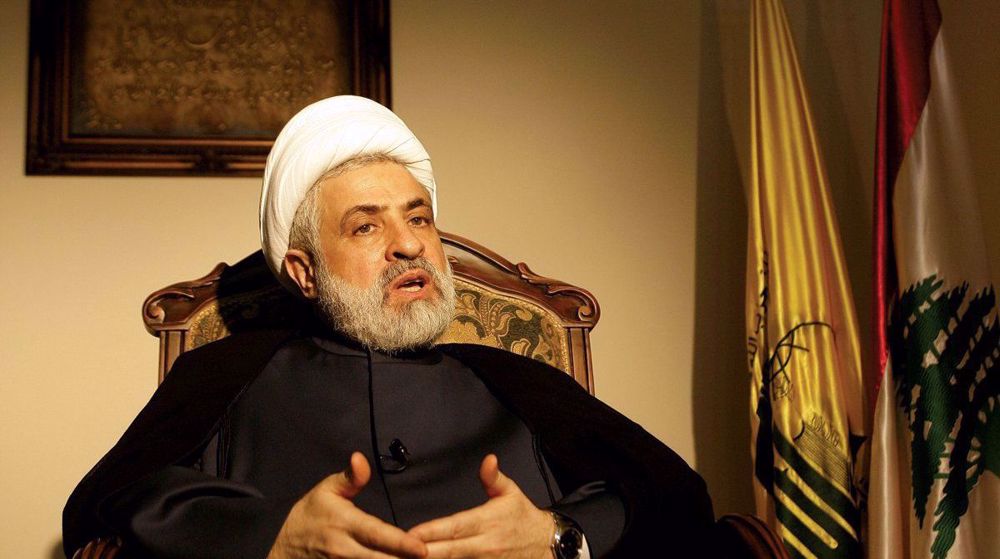
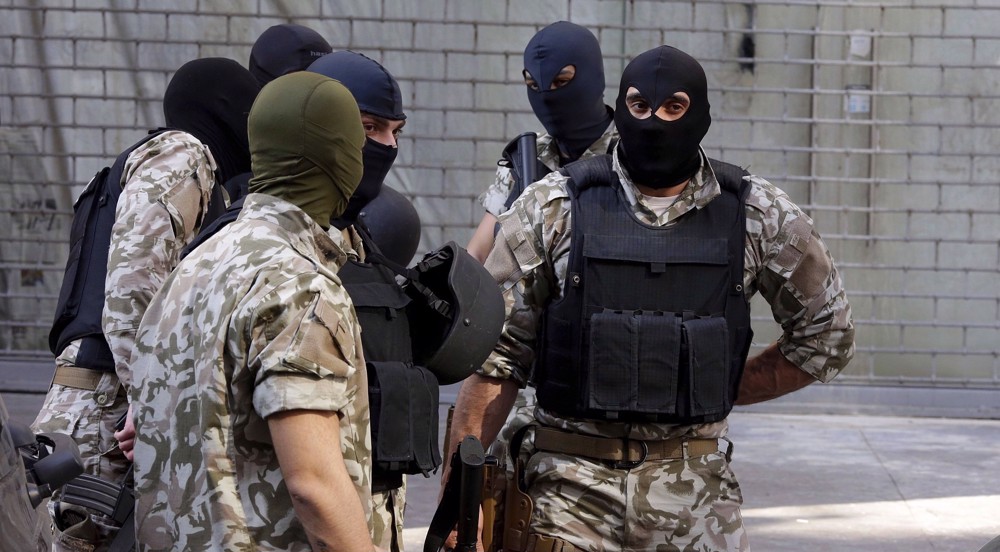
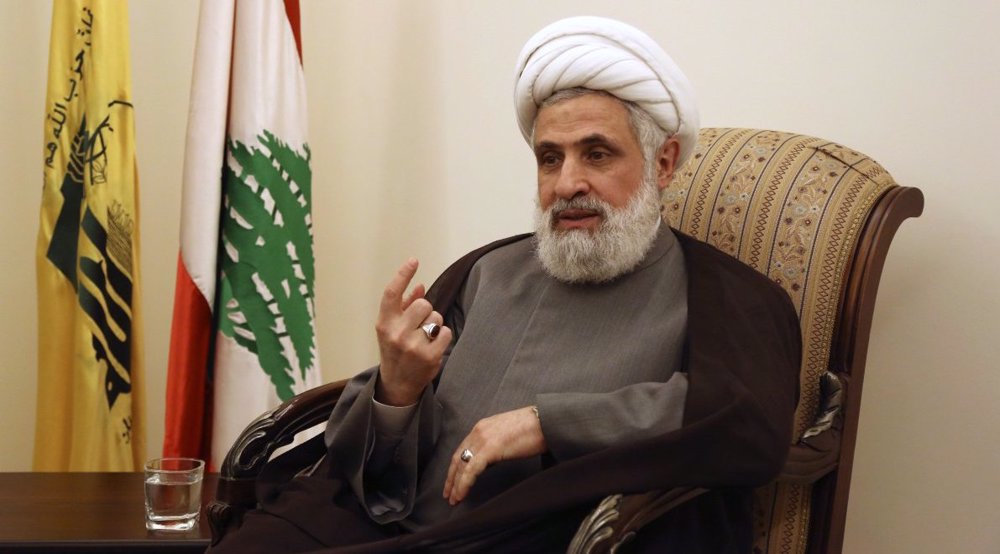



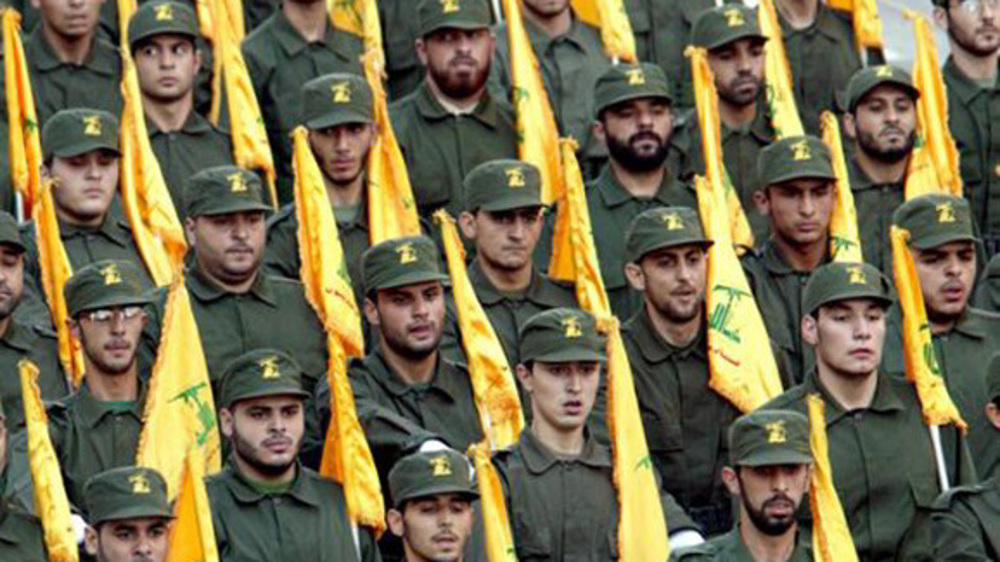
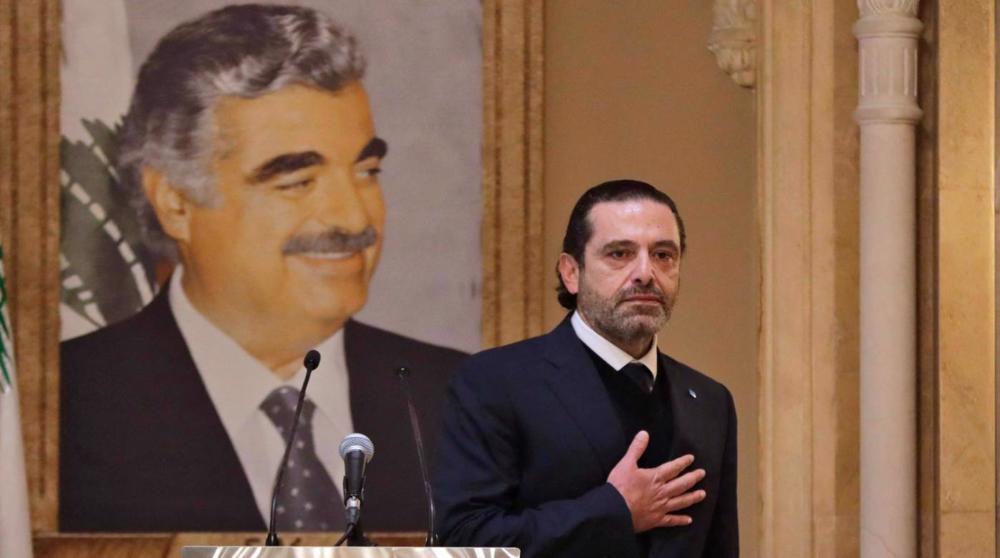
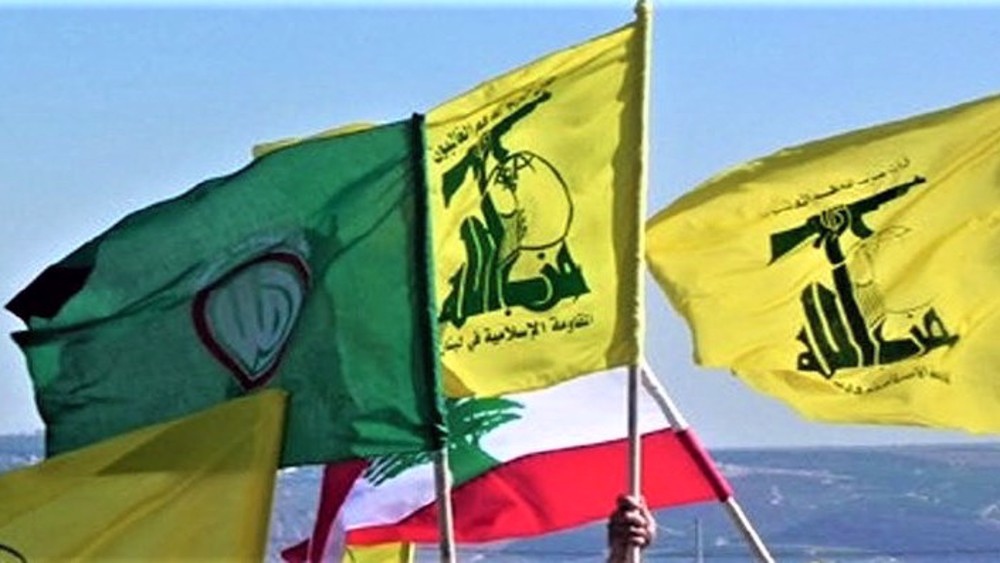
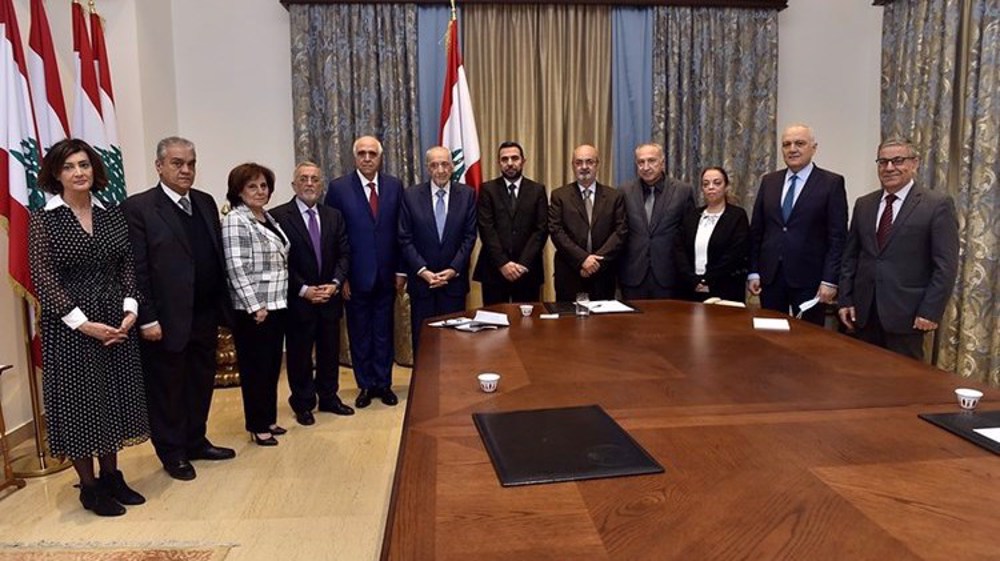
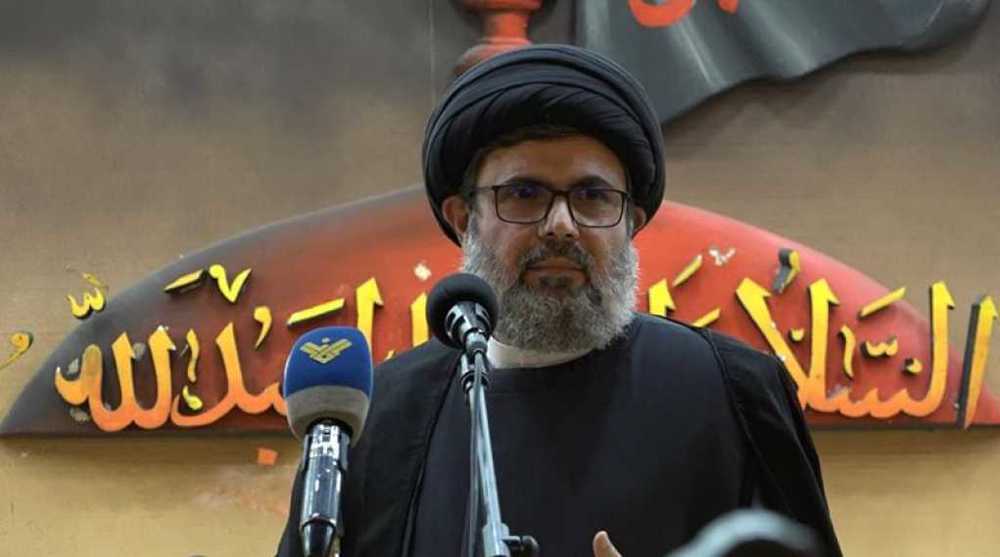

 This makes it easy to access the Press TV website
This makes it easy to access the Press TV website